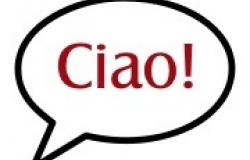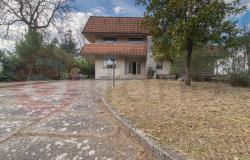...something more
Submitted by Valentina+c on Wed, 07/15/2009 - 10:52In reply to A newbie all over again! by Annec
I've forgotten to add that common expressions are also:
"Buona giornata"
"Buona serata"
They should be considered as wishes rather than greetings, in fact they could be translated as:
"Have a nice day"
"Have a good night" - again this is another example of how the "sera" related expressions are greatly used in Italian when in English is used "night".
When you go away you can say "Goodbye" which means "Arrivederci", while the friendlier "ciao ciao" should correspond to "bye bye".
Note that Goodbye could also mean "addio" - when you go away from a place for good.
We often say "I hate to say goodbye..." = Odio gli addii..
Greetings in Letters
In a letter you may end with a "Saluti" (Regards) or with a more formal expression "Cordiali saluti" (Best Wishes).
See you...
It's translated with "Ci vediamo..", as in the following examples:
- Ci vediamo dopo / più tardi - See you later
- Ci vediamo domani - See you tomorrow
Another way to replace "goodbye" is "a presto" (See you soon), and that's right the way I wish to greet you:
A presto!










